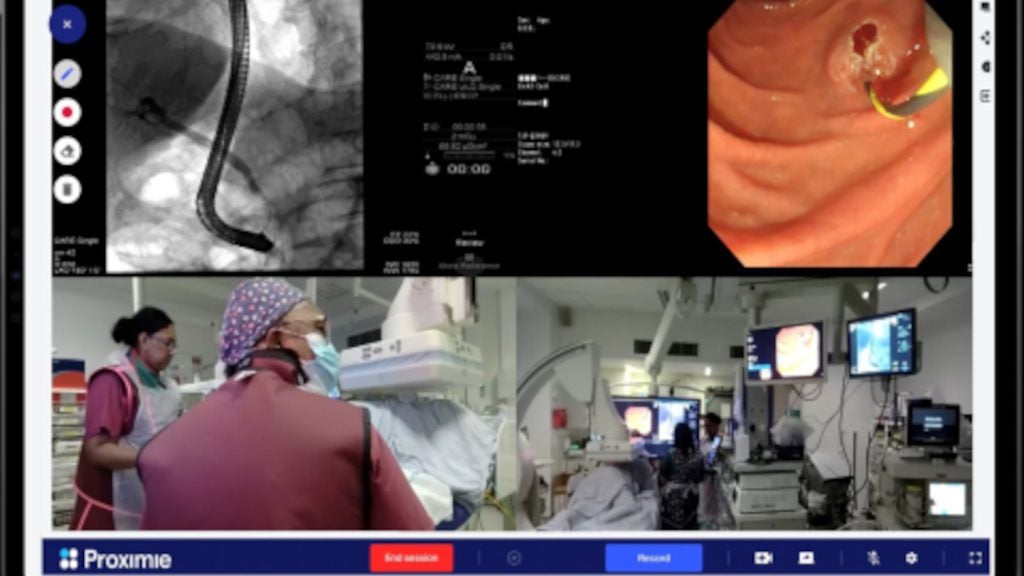
Public Health England (PHE) has launched a new toolkit for hospitals to assist them in controlling antibiotic-resistant bacterial infections caused by carbapenemase-producing Enterobacteriaceae (CPE).
This is the name given to some strains of gut bacteria that can be resistant to carbapenem antibiotics.
Carbapenems are considered a ‘last resort’ and physicians use them to treat certain difficult infections when other antibiotics would or have failed.
Infections caused by CPE can still be treated with other antibiotics, but treatment is more difficult and may require a combination of drugs or the use of older antibiotics to be effective.
Since 2003 there has been a sustained increase in the number of CPE cases, and identification of CPE in England by the PHE national reference laboratory has risen from fewer than five patients reported in 2006 to more than 600 in 2013.
Around two thirds of trusts in England have had between one and 20 patients identified with CPE carriage or infection over the past five years.
How well do you really know your competitors?
Access the most comprehensive Company Profiles on the market, powered by GlobalData. Save hours of research. Gain competitive edge.

Thank you!
Your download email will arrive shortly
Not ready to buy yet? Download a free sample
We are confident about the unique quality of our Company Profiles. However, we want you to make the most beneficial decision for your business, so we offer a free sample that you can download by submitting the below form
By GlobalDataThis includes two trusts in Manchester that have had more than 100 patients identified with CPE during the same period.
PHE medical director Dr Paul Cosford said that in order to minimise the spread of these multi-drug resistant infections it is essential that all trusts are aware of the toolkit and that they develop plans for detecting and managing patients with infections caused by CPE and other antibiotic-resistant bacteria.
"These infections are already causing national concern due to the observed increasing trends in the number of infections, outbreaks and clusters across England," Dr Cosford added.
"We now have a window of opportunity, if we act quickly and decisively, to address this very real public health threat and prevent widespread problems by minimising the negative impact of these organisms."
England’s chief medical officer Professor Dame Sally Davies said that antibiotic resistance poses a real threat to the ability to treat diseases.
"Although there has been an increase in this strain of bacteria, the new toolkit will ensure that hospitals are well placed to detect, manage and control any cases. Systems of monitoring for resistant bacteria are essential in safeguarding the effect of our antibiotics," Davies added.
In November 2013, PHE established a national incident management group to provide ongoing guidance and support to local experts, not only in areas where trusts are affected but across the healthcare system.
PHE in collaboration with NHS England has asked all acute trust CEOs in England to support and act to address the risk posed to trusts and other healthcare organisations by CPE and other carbapenem-resistant organisms.
These entities have also issued a Patient Safety Alert, which recommends that trusts urgently identify if there are, or have been, cases of CPE in their organisation and to initiate the development of a CPE management plan at board level.
Managing cases or outbreaks of antibiotic-resistant infections in hospitals requires early sample collection for microbiological testing if there is a suspicion that a patient is colonised or infected with a resistant strain of bacteria.
Other key elements include prevention of any resistant bacteria spreading from patient to others, following strict infection prevention and control procedures and reviewing the use of medical devices and prescribed antibiotics.
Image: Outbreaks in hospitals across England show the urgent need to step up plans and procedures. Photo courtesy of Public Health England.







